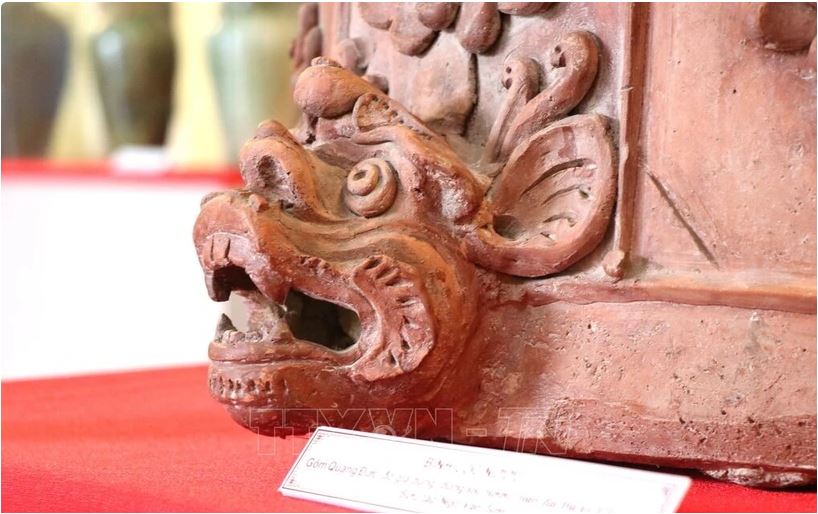Community-based tourism has transformed traditional ways of life into unique travel experiences, helping boost socio-economic development as well as preserve cultural heritage.
Seventy kilometres to the centre of Ho Chi Minh City, the tranquil Thieng Lieng hamlet on Thanh An island commune of Can Gio district offers an escape into a world of mangrove forests and sunlit salt fields. The transformation began in late 2022, when Thieng Lieng became the city’s first community-based tourist destination, built on local cultural traits and the authentic ecosystem of mangrove forests and river – sea confluence.
Coming to Thieng Lieng, visitors can stroll or cycle around the island's winding paths and discover 24 different tourism offerings that spread across households, each providing them with a glimpse into the daily rhythms of the local life.
Nguyen Van Yen, head of Thieng Lieng hamlet, said 240 households once knew only salt production and aquaculture, but now welcoming tourists has become a source of their joy and income. Visitors come to explore Giong Chua Mountain and the legendary "footprints of Goddess Nu Oa" at its base, and then return to the salt fields where they can try traditional salt making passed down through generations.
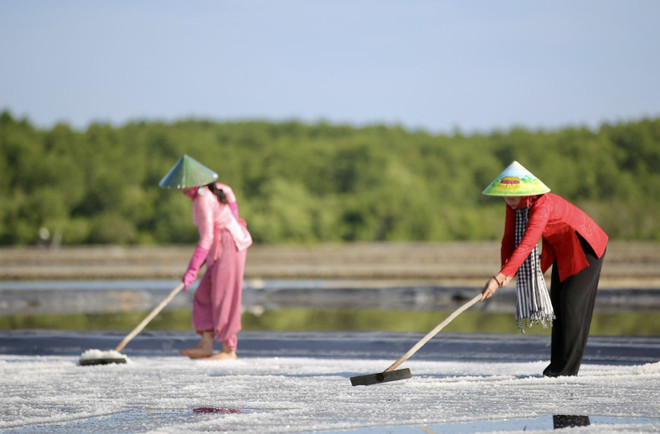
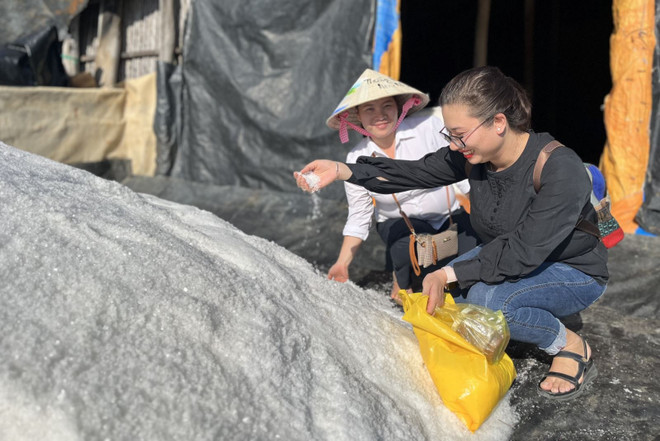
Bui Thi Gia, whose family operates the "Homestay and Fresh Drinks of Muoi Gia", represents the entrepreneurial spirit driving this transformation. She said islanders have become more proud of and paid due attention to preserving their distinctive features like cooking methods, traditional music, heritage crafts, and environmental protection.
In the Mekong Delta, Con Chim hamlet in Chau Thanh district, Tra Vinh province, offers a fascinating community-based tourism experience with the riverine garden culture. Here, visitors could immerse themselves in the vibrant atmosphere of rural markets, explore organic rice fields, and engage in traditional games. Besides, they have a chance to harvest vegetables and learn how to make traditional dishes.
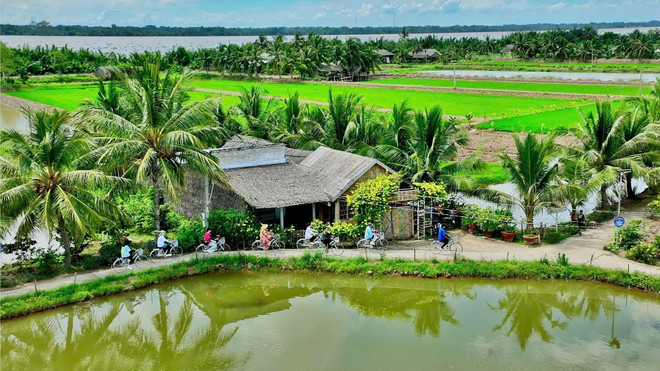
Deputy Director of the Tra Vinh provincial Department of Culture, Sports and Tourism Lam Huu Phuc said the Con Chim community-based tourism site welcomes 17,000 visitors a year, gaining nearly 5 billion VND (192,000 USD) in revenue. It won the ASEAN Community-based Tourism Award (CBT-ASEAN) at a ceremony held in Malaysia earlier this year.
Given substantial benefits from community-based tourism in various localities, in October 2024, the Ministry of Culture, Sports and Tourism issued a plan to develop this type of tourism in the country. This involves multiple steps like spatial planning for community tourism sites, infrastructure development support, assistance in visitor attraction, and the promotion of digital transformation, including utilising e-commerce platforms to develop tourism offerings.
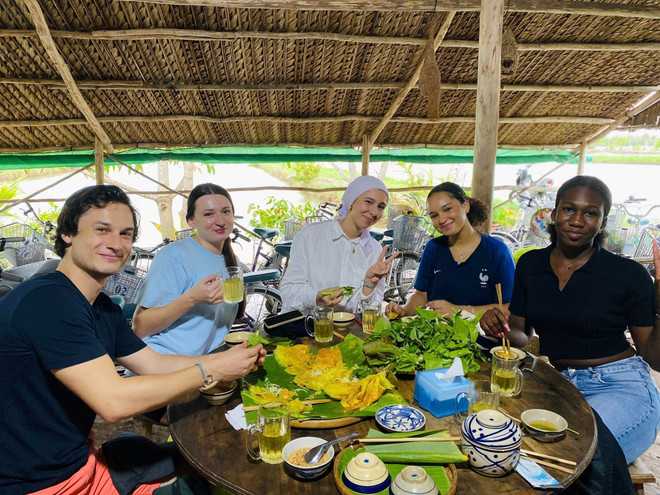
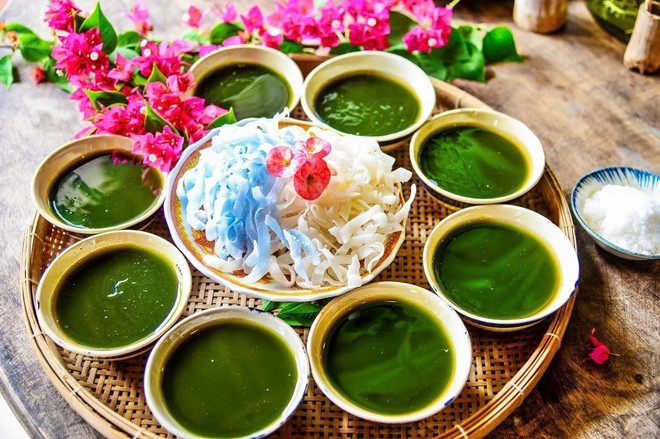
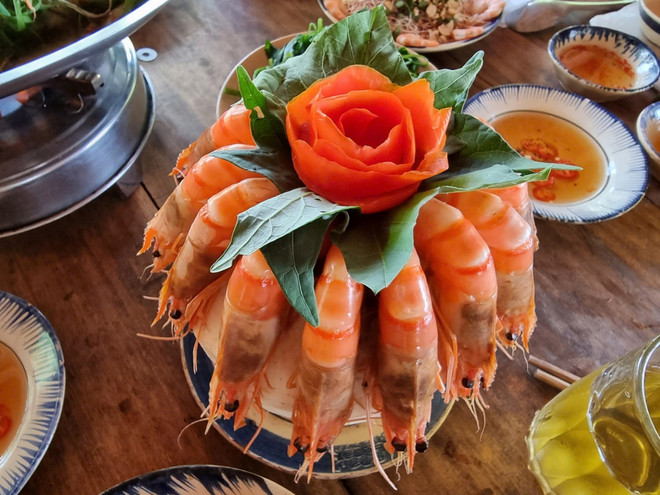
According to Phan Yen Ly from the Canh Cam Consulting Media and Event LLC, it is necessary to raise public awareness of community-based tourism’ benefits and the preservation of traditional values, transforming each community member into a genuine ambassador for local tourism brands.
Deputy Director of HCM City’s Department of Tourism Bui Thi Ngoc Hieu perceived that local authorities must go beyond guidance to accompany communities throughout the development of tourism offerings. She explained that community tourism products can only maintain long-term appeal if they are grown from each community’s own culture and ecosystem.
Meanwhile, Phuc underscored the need to improve hospitality skills, particularly foreign language, for locals to better serve visitors, making Con Chim a not-to-be-missed destination on the Mekong Delta journey./.

